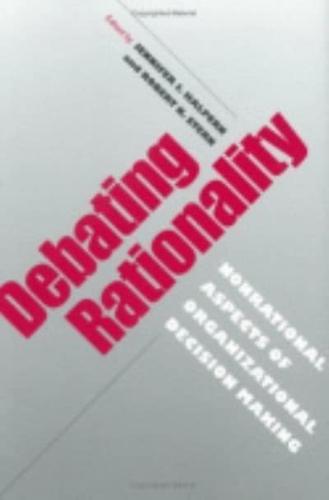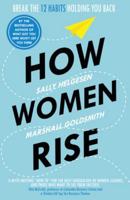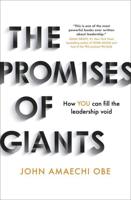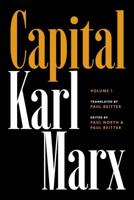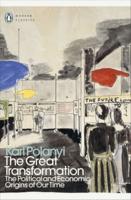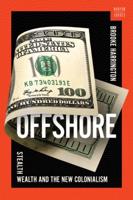Publisher's Synopsis
Decision makers strive to be rational. Traditionally, rational decisions maximize an appropriate return. The contributors to this book challenge the common assumption that good decisions must be rational in this economic sense. They emphasize that the decision-making process is influenced by social, organizational, and psychological considerations as well as by economic concerns. Relationships, time pressure, external demands for specific types of performance, contractual expectations, human biases, and reactions to unfair treatment alter the decision-making context and the resulting decision outcomes.
